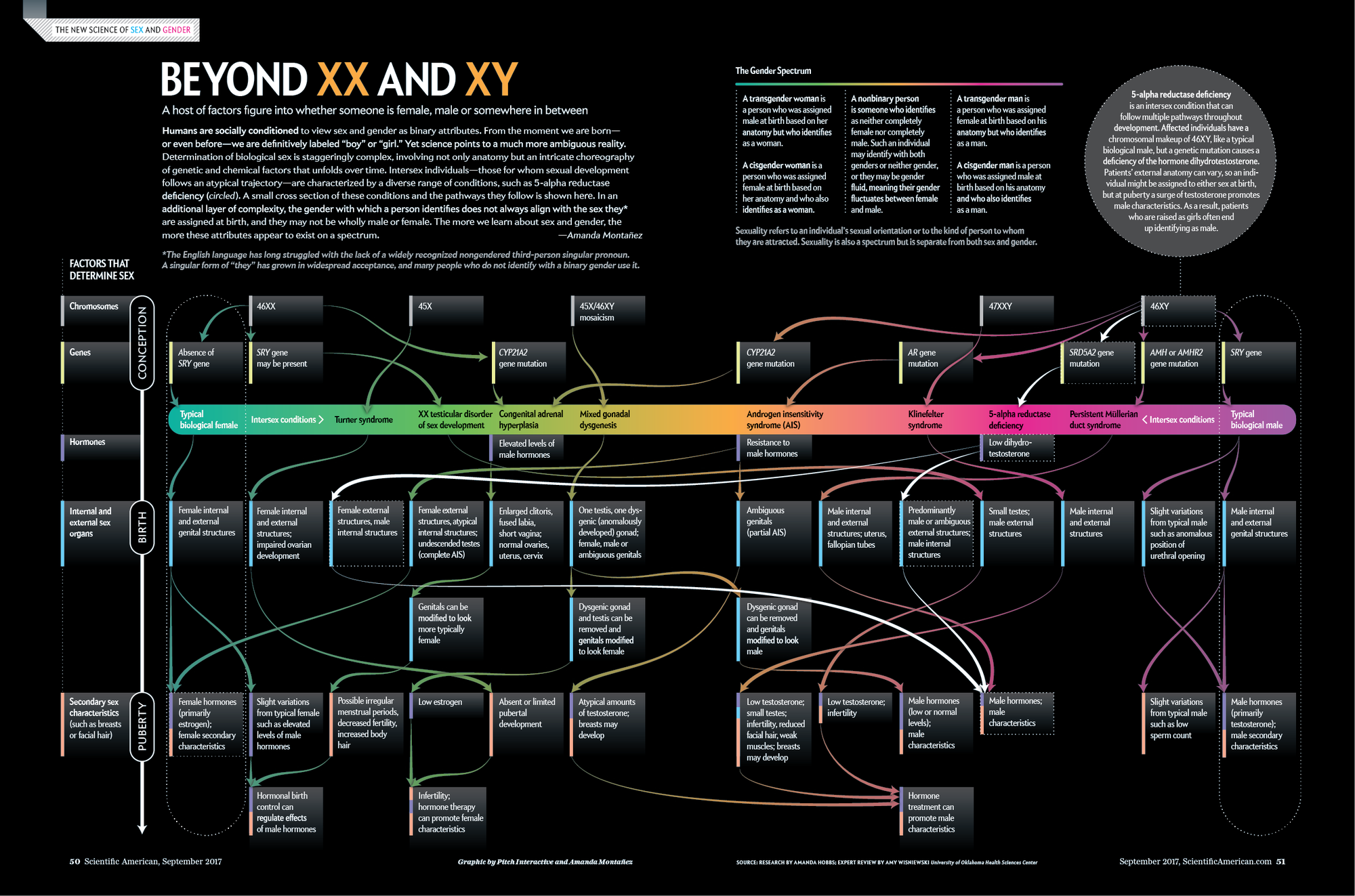

Most places will only accept metal items if they’re a certain size, which most allen keys almost certainly won’t meet.
For example, it looks like Seattle, (which has some of the best recycling system rates and practices in America) will only accept metal tools or scrap metal larger than 3 inches. Anything smaller than that can damage the machines they use for recycling, get diverted into the landfill stream because it can’t be sorted out, and/or slow down or stop the recycling process for other materials because it needs to be filtered out before it can make its way into the machinery that can’t handle small parts.
However, they do have drop-off options, which can take scrap of any size. So the choice is either throw it in the recycling bin and potentially damage or slow down the recycling machinery, or stash them away until you have enough to justify going to a drop-off.















Relevant xkcd: